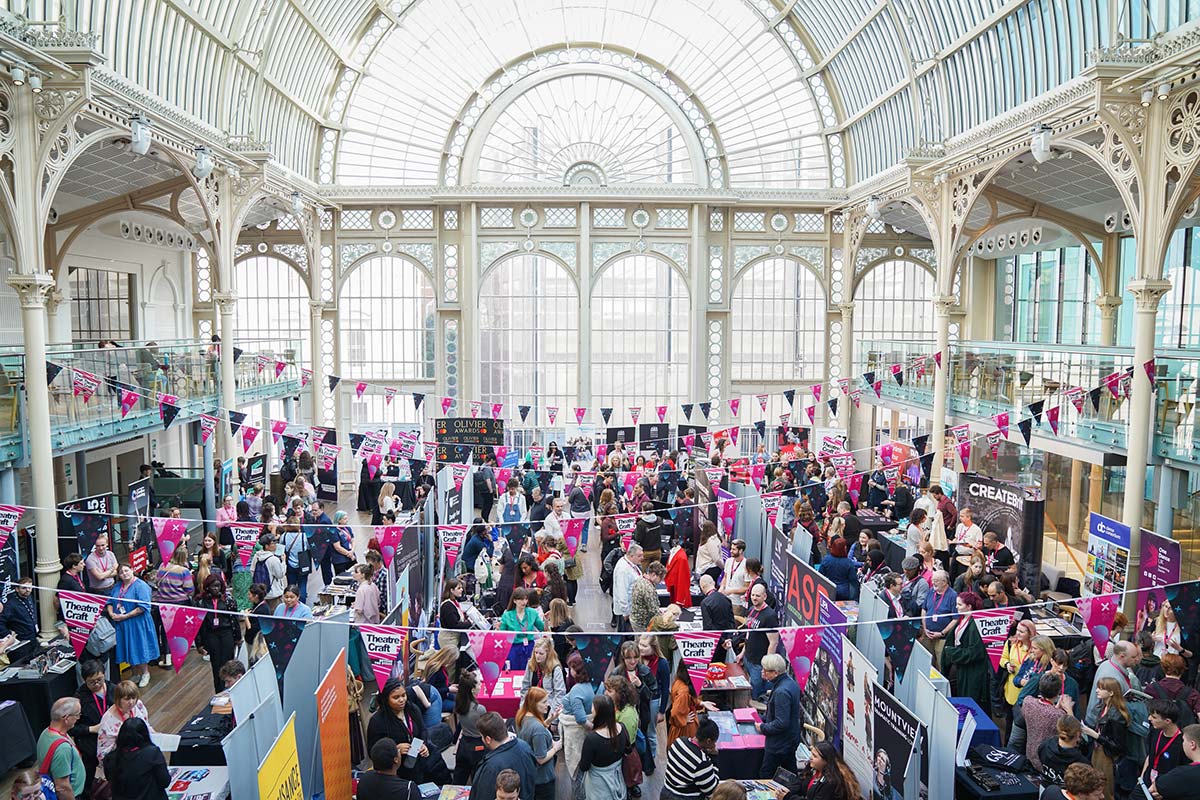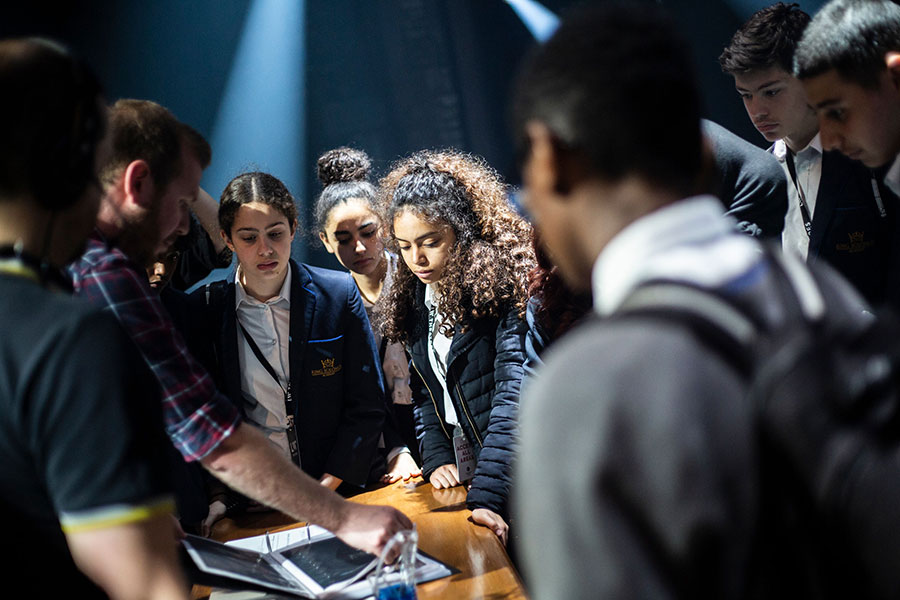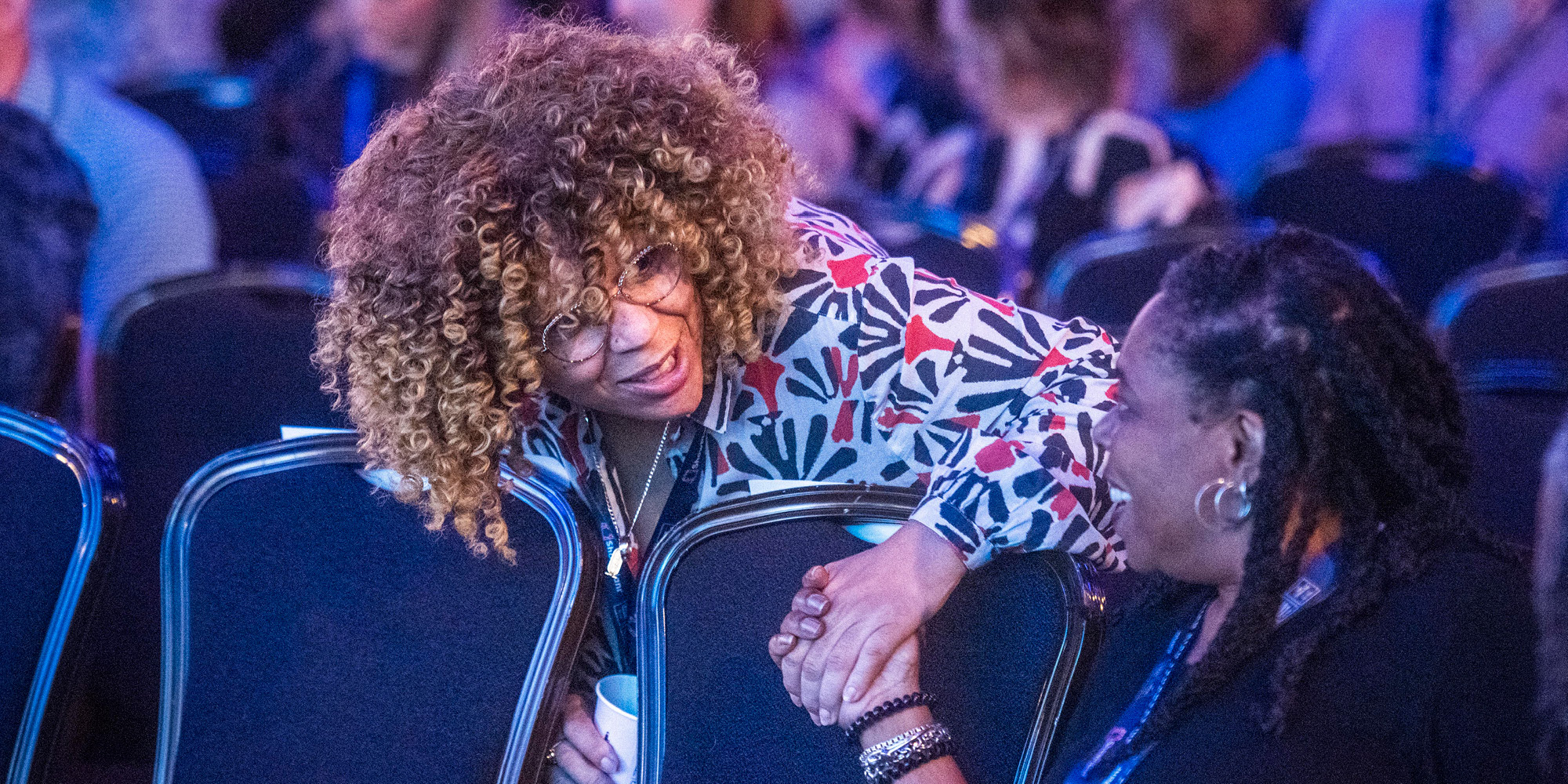The results are in. 107 local authorities. 11 mayors. 37 police and crime commissioners (PCCs). And one by-election in Blackpool South. All in England, bar four PCCs in Wales.
The big take away: the Labour party have made significant gains. 180 seats equating to eight more councils, all 3 new mayors and one Westminster constituency.
While this is interesting to pundits and pollsters, the results also matter to our sector. Despite the challenging financial circumstances and significant cuts many areas are facing, local authorities are still the biggest funder of culture and the arts. Metro mayors have power and influence over areas such as skills, business support and in some cases crime and health – these intersect with culture. And taken together, local authorities and mayors play a leadership role that can be pivotal to putting culture at the heart of place.
These results, plus national polls, suggest Labour are likely to win the next general election. So what may this mean for us? They have recently published their cultural plan: Creating Growth. Lots to welcome, such as a focus on skills and cultural education and a broad recognition of the contribution to our economy while stating art must be for all.
There is much speculation over when the election will take place. It is only our Prime Minister, Rishi Sunak, who can decide. If he comes under significant internal pressure from his party, which may happen after such a challenging set of election results, he may decide to go to the polls sooner rather than later, meaning an election before the school summer holidays.
There is also the prospect of an election in the autumn, avoiding winter which can be challenging for voters as well as candidates. The PM could announce an election not long after Parliament comes back after its summer break, or even at the Conservative party conference, where he can set out his stall to both his party as well as the public.
Whenever the election will be, we at SOLT & UKT are working hard to engage all political leaders, as well as government officials in the top issues that matter to you. Building on the success of the new permanent rates of Theatre Tax Relief, announced in the Spring Budget, we will be making the case for investment in cultural infrastructure. The ambition of innovative programming cannot be realised without a building that can house it: maintaining our world class theatre sector depends on our ability to prevent obsolescence and realise the opportunity of our millennium, post-war and Victorian theatre stock.
Access is also key. Despite the amazing work that you do, too many children still do not attend the theatre, missing out on the benefits it can provide. This is why we launched Theatre for Every Child, to call on a funded commitment for every child to visit the theatre at least once before they leave school.
We are aware that for many of you the context you are operating within, particularly those that receive public investment, is challenging. We want to collaborate with you, political leaders and other key stakeholders on developing a sustainable financing model for the sector. But there is no quick fix for this crucial work.
A crucial first step is to build relationships with new local administrations. Even if the governing party has not changed, this is a new administration with a new mandate. Last month, we produced a guide for you to engage with your local candidates, this includes helpful tips that apply now the results are in. You can also access our key issues briefing, which includes helpful information if you are meeting with a politician.
You can also help us help you. Thank you to those of you who have taken the time to respond to our recent surveys on TTR and costs. This information is crucial to helping us make the case for the conditions that enable theatres the thrive. We will shortly be putting a further survey in the field to help us understand more about infrastructure need and opportunity, which will be open to members who run venues.
It is only with you that we can advocate for you. Thank you for your continued collaboration, I look forward to continuing working with you to achieve the conditions that will enable theatre to thrive.
Lisa Cunningham, Director of Policy, Research and Advocacy







Share: